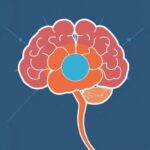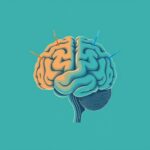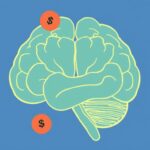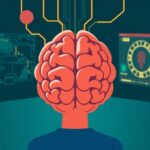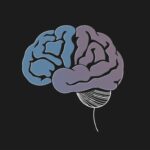The placebo effect is one of the most fascinating phenomena in medicine and psychology. Imagine taking a sugar pill, a harmless dummy, and still experiencing relief from symptoms or an improvement in health—that’s the placebo effect in action. It’s a powerful demonstration of how the mind can influence the body, blurring the lines between belief and reality. In this article, we will dive deep into the mysteries of the placebo effect, exploring how it works, why it matters, and what it means for both medicine and our understanding of human health.
What Is the Placebo Effect?
At its core, the placebo effect is when a patient experiences real changes in their health after receiving a treatment that has no therapeutic value. These treatments, often called placebos, can be sugar pills, saline injections, or even sham surgeries. Despite their inert nature, placebos sometimes lead to measurable improvements. This phenomenon reveals how powerful expectations, beliefs, and the brain’s own chemistry are in shaping our experience of health and illness.
The placebo effect challenges the assumption that only chemicals or physical interventions can bring about healing. Instead, it points to the complex interplay between the mind and body, showing that psychological factors can influence physiological processes. This understanding has profound implications not just for patient care but for clinical research, ethics, and even the way we think about consciousness and healing.
How Does the Placebo Effect Work?
To understand how the placebo effect works, it helps to think about the brain as an active participant in the healing process rather than a passive receiver of treatments. When a person believes they are receiving a real treatment, their brain can trigger a cascade of responses that mimic actual therapeutic effects. These responses may include the release of endorphins, changes in brain activity, reduced inflammation, and alterations in heart rate and blood pressure.
There are several factors at play in the placebo effect:
- Expectation: The patient’s belief that the treatment will work plays a key role. This expectation can activate neural pathways linked to pain relief and healing.
- Conditioning: Past experiences with effective treatments can condition a person to respond positively, even to inert substances.
- Brain chemistry: Neurotransmitters such as dopamine and endorphins are often involved, meaning the body produces its own “medicine.”
- Patient-doctor interaction: The empathy, reassurance, and communication from healthcare providers can enhance the placebo response.
The Role of the Brain in the Placebo Effect
Brain imaging studies have illuminated the biological underpinnings of the placebo effect. When people experience a placebo response, areas like the prefrontal cortex (involved in expectation and decision-making) and the anterior cingulate cortex (linked to pain modulation) become active. The brain can essentially “turn down” pain signals or activate rewards pathways simply based on belief.
This mind-body connection means that the placebo effect isn’t “all in your head” in the dismissive sense; instead, it is very real, with measurable changes inside the body. The brain acts like a command center, translating psychological states like hope, expectation, and belief into tangible physiological shifts.
Why Is the Placebo Effect Important?
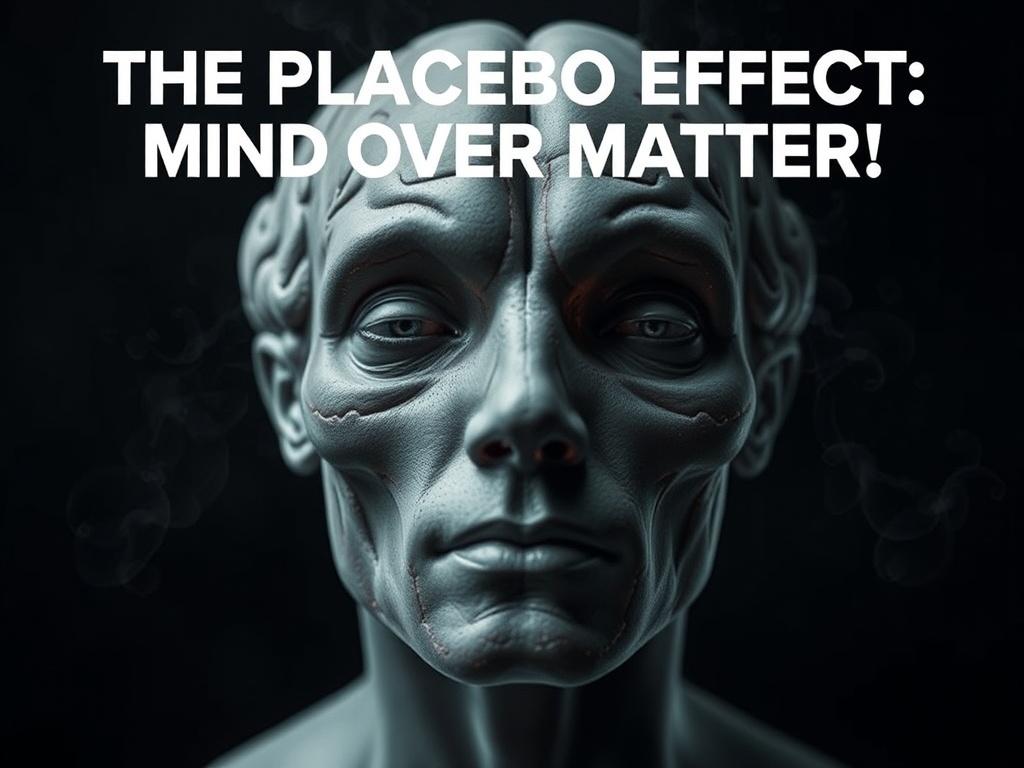
The placebo effect has profound importance on multiple levels. Clinically, it underscores the genuine power of psychological factors in health. For doctors and healthcare providers, it highlights the importance of patient interactions, bedside manner, and the context in which treatments are given. Even how treatments are framed and explained can influence their effectiveness.
In clinical trials, the placebo effect presents both challenges and opportunities. To reliably test new medications or treatments, researchers must carefully separate the drug’s actual effects from placebo responses. That’s why randomized controlled trials almost always include a placebo group. Understanding how and why participants may respond to placebos helps scientists design better studies and interpret results accurately.
Beyond medicine, the placebo effect nudges us to rethink how we approach health and healing overall. It encourages a more holistic perspective that recognizes not just the biological, but also the psychological and social dimensions of well-being. It may help explain why practices like meditation, psychotherapy, and other non-pharmacological interventions can have real health benefits.
Examples of the Placebo Effect in Practice
The placebo effect is not just a theoretical curiosity—it has been documented across a wide range of conditions and treatments. Here are some notable examples:
| Condition | Placebo Effect Outcome | Explanation |
|---|---|---|
| Chronic pain | Reduction in reported pain levels | Endorphin release mediated by expectation of relief |
| Depression | Improved mood reported in placebo groups | Activation of reward and motivation pathways in the brain |
| Parkinson’s disease | Temporary improvement in motor function | Increased dopamine activity linked to belief in treatment |
| Irritable bowel syndrome (IBS) | Alleviation of gastrointestinal symptoms | Mind-gut interactions influenced by positive expectation |
These examples highlight how the placebo effect transcends specific diseases to become a broad phenomenon reflecting the mind’s influence over bodily states.
Types of Placebos and Their Impact
Not all placebos are created equal. The type of placebo and the context in which it’s given can significantly influence the strength of the placebo effect.
Active vs. Inactive Placebos
Some placebos mimic the side effects of real drugs without containing active ingredients. These are known as active placebos and can sometimes produce stronger placebo responses because the physical sensations help convince the patient they are receiving an effective treatment.
Open-label Placebos
One especially intriguing development in placebo research is the concept of open-label placebos—where patients know they are taking a placebo but still experience benefits. This finding challenges the old notion that placebo effects require deception and suggests that simply engaging the mind in the healing process can be therapeutic.
Placebo Effect vs. Nocebo Effect
It’s important to mention the nocebo effect, the flip side of the placebo effect, where negative expectations lead to worse symptoms or outcomes. For example, people who expect side effects from a medication may experience them even if given an inert substance. This phenomenon further underscores the powerful role of the mind in influencing health.
Ethical Implications of the Placebo Effect
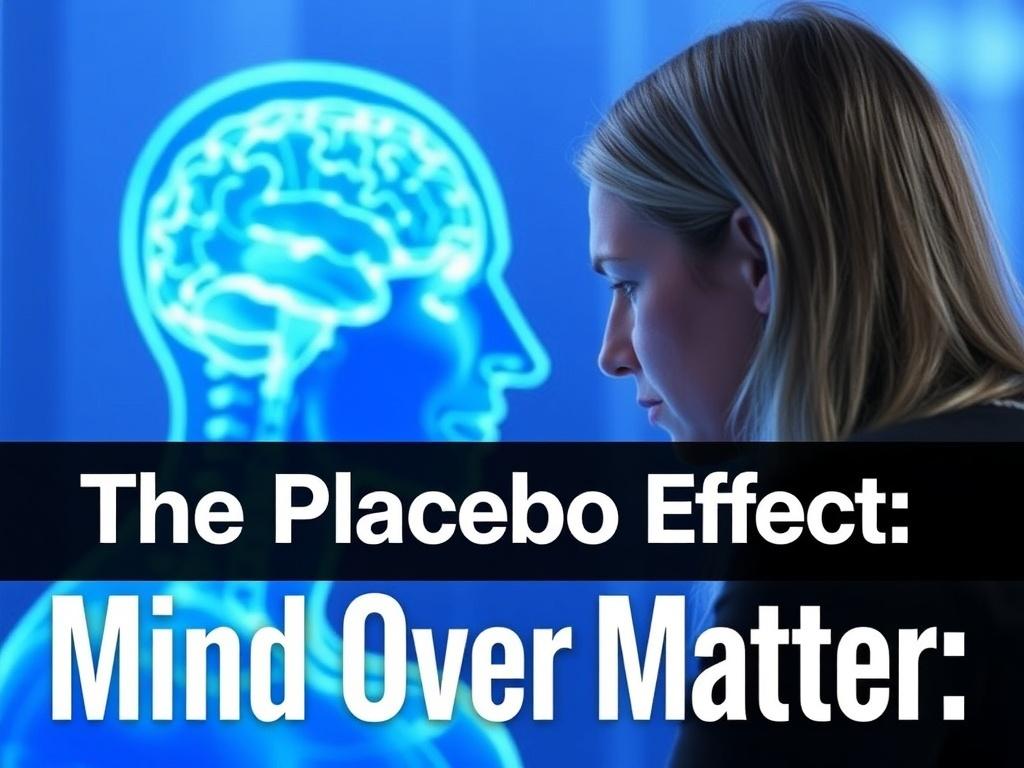
The placebo effect raises some thorny ethical questions, especially in medical practice. Is it ethical to give a patient a placebo if it might lead to improvement? Should doctors deceive patients? As research around open-label placebos grows, new possibilities emerge for harnessing placebo benefits without deception.
In clinical trials, placebos are essential for ensuring that new treatments are genuinely effective before being approved. However, there are debates about whether it’s ethical to withhold real treatments in the name of research, especially for serious conditions. Balancing the potential benefits of new discoveries with patient rights remains a pressing concern.
Placebos and Patient Trust
The patient-doctor relationship thrives on trust. Utilizing placebos requires careful consideration of honesty and respect. Fortunately, studies suggest that even when patients know about placebos, the ritual of treatment and the overall clinical environment can still produce benefits.
How to Harness the Placebo Effect in Everyday Life
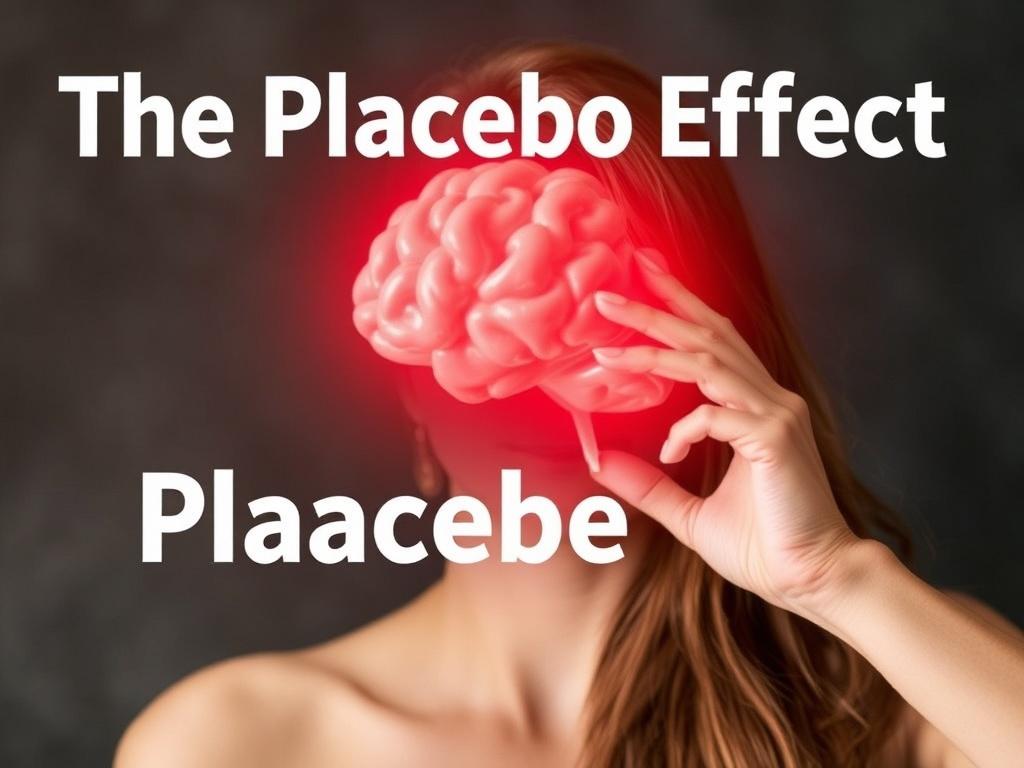
You might wonder how understanding the placebo effect could help in your daily health and wellness. While taking sugar pills isn’t a cure-all, the principle behind the placebo effect—mind over matter—opens the door to empowering yourself through positive thinking, expectation, and mental habits.
Tips to Boost Your Own Mind-Body Healing
- Harness positive expectation: Approach treatments and wellness practices with hope and confidence.
- Practice mindfulness and relaxation: Reducing stress can optimize your brain’s ability to trigger healing responses.
- Engage in regular physical activity: Exercise can boost mood-enhancing chemicals that complement placebo-like effects.
- Maintain strong doctor-patient communication: A good relationship with healthcare providers can enhance treatment outcomes.
- Use ritual and routine: The act of caring for yourself, such as through consistent medication or therapy sessions, can itself have therapeutic value.
The Future of Placebo Research
The placebo effect is still a growing and dynamic field. Scientists continue to investigate how genetics, personality traits, and brain chemistry influence who responds best to placebos. Advances in neuroimaging and biotechnology are revealing even more about how the brain orchestrates these powerful mind-body interactions.
Moreover, the integration of placebo science with personalized medicine may someday allow practitioners to tailor therapies not only based on biology but also based on psychological profiles. This could optimize treatments by maximizing beneficial placebo responses.
Potential Innovations on the Horizon
| Innovation | Description | Potential Impact |
|---|---|---|
| Genetic profiling of placebo responders | Identifying genetic markers linked to placebo responsiveness | Enable prediction of who will benefit most from psychological aspects of treatment |
| Virtual reality therapies | Using immersive technologies to enhance positive expectations | Boost placebo effects in pain and anxiety management |
| Open-label placebo protocols | Developing standardized non-deceptive placebo treatments | Ethically harness placebo benefits with patient transparency |
| Brain stimulation | Non-invasive methods to amplify brain regions involved in placebo responses | Potentially increase efficacy of mental and physical health treatments |
Conclusion
The placebo effect powerfully demonstrates that our minds are not separate from our bodies but deeply intertwined with our health experiences. This mind over matter phenomenon reveals how belief, expectation, and psychological context can shape healing in surprising ways. By appreciating the placebo effect, we not only enhance our understanding of medicine but also gain insights into the profound strength we each hold to influence our own well-being. Whether through expert clinical care, self-care rituals, or future medical innovations, harnessing the placebo effect can help us unlock new dimensions of healing, reminding us that sometimes, the greatest medicine lies within the mind itself.




